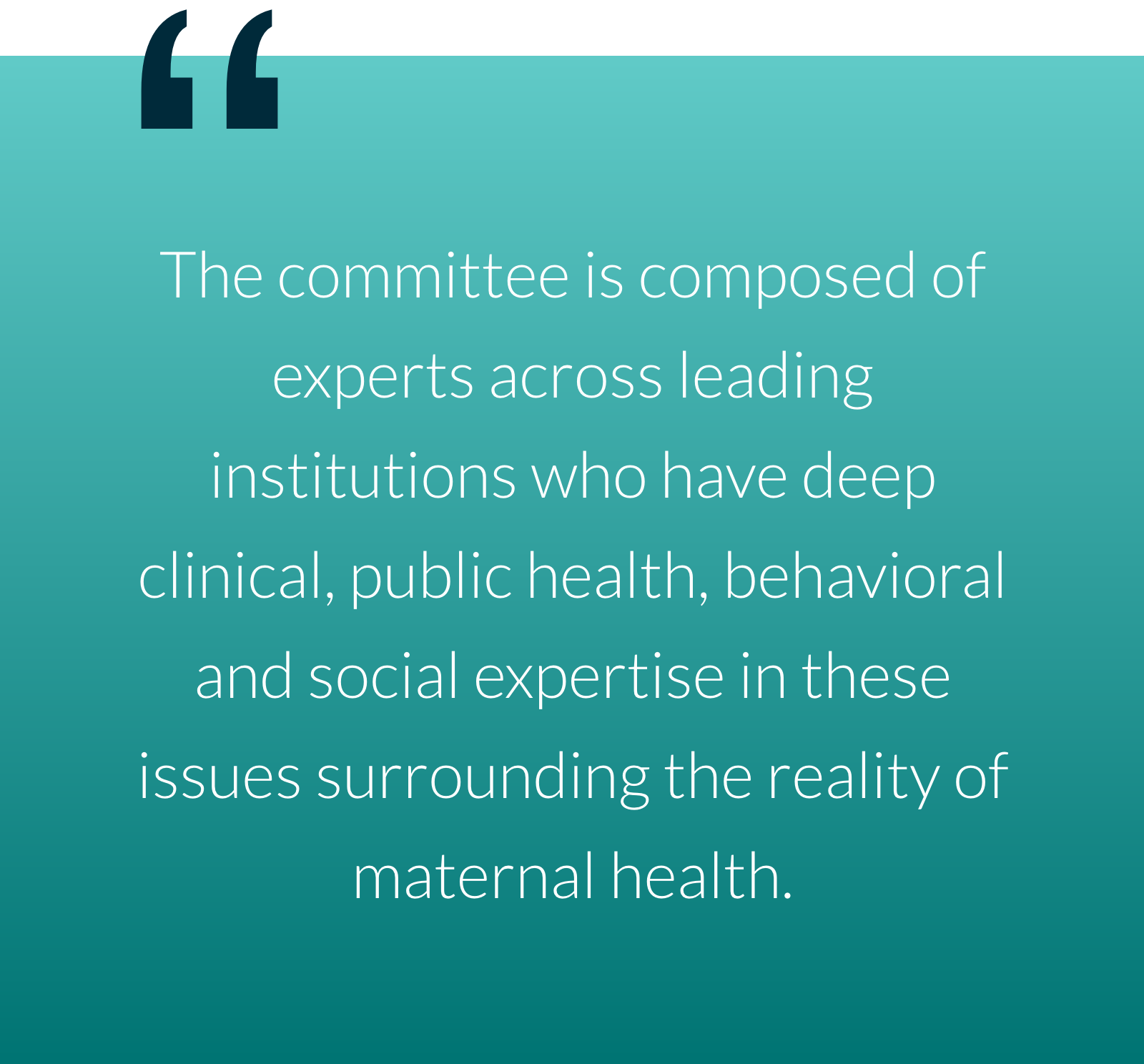Partnerships Across the Eco-System
Multiple thought leaders talk about the current state and how innovation, technology and partnerships are seeking to address. Highlights and key takeaways from executives at the March of Dimes, UnitedHealthcare, Marani, Philips Healthcare, Allina Health and Johnson & Johnson.

Addressing maternal health disparities has multiple layers of complexity. Solving for one issue does not mean the entirety of the problem will be gone. The research shows that poor maternal outcomes are heavily influenced by social determinants of health which affects how a person lives, earns, works and plays. Therefore, collaboration across multiple players which includes the private sector, government institutions, academic organizations, community groups, policy makers, and women is needed to help solve the challenges. Innovation needs to happen at both the local level to drive change and at the national level to drive awareness, incentives and policies. Ann and Dr. Shirley share what they are seeing.
ANN ON THE LARGER ECOSYSTEM: “It’s working with all the providers and the payers, both the government and commercial side, who has the financial risk and really wants to see better outcomes for the patients. We’ve got to do a better, a better job with research, and we must do a better job with investment on new technologies that are going to make things a little bit easier for the care providers. I think we’ve got a long way to go but you’re starting to see more dollars fly into femtech and women’s healthcare which is phenomenal. I’m optimistic for the future. It just can’t happen fast enough.” – Ann Holder, Founder & CEO of Marani

DR. SHIRLEY ON AN EXAMPLE FROM J&J: “We established a collaboration with the Center for Maternal Health Equity at Morehouse School of
Medicine to create the Georgia Maternal Health Research for Action steering committee. The committee is composed of experts across leading institutions who have deep clinical, public health, behavioral and social expertise in these issues surrounding the reality of maternal health in the state of Georgia. They have very close ties with community organizations where women share their voices. The goal of the committee is to identify priorities that can be tackled with evidence-based local solutions. We cannot say that the same thing that happens in Georgia, for example, is the same that happens in the Bronx. We’re fostering an environment where solutions come from within and not all from the outside.”
In relation to policy changes, the Momnibus Act of 2021 was introduced in March to help fill the legislation gaps and improve health outcomes for Black, Indigenous and People of Color (BIPOC). March of Dimes is a key advocate for this bill, and Stacey explained more on this.
“We complement our partnerships with other kinds of more systemic policy changes to support many nonprofits and community workers. We can look at investing in a perinatal workforce by investing in doulas and midwives who can provide culturally competent and congruent care. We can invest in those community health workers in nonprofits who are in touch with women who are often their trusted providers of care to work in a complimentary fashion with healthcare providers and others. The Momnibus Act is a legislative bill that will address a lot of these issues.” – Stacey Steward, CEO of March of Dimes

SUBSCRIBE FOR OUR LATEST CONTENT